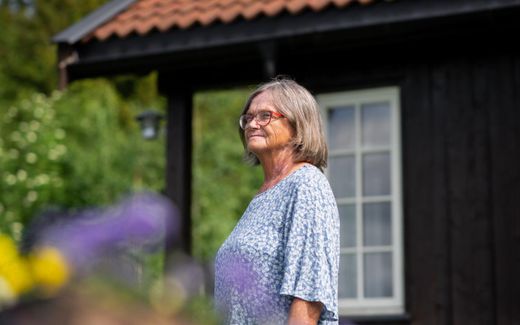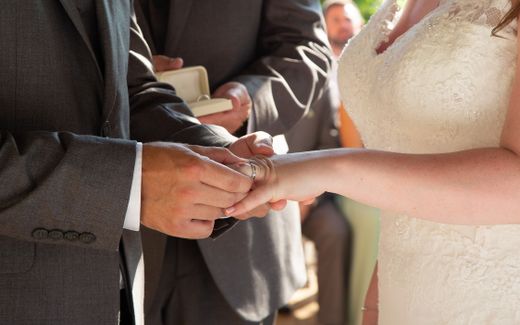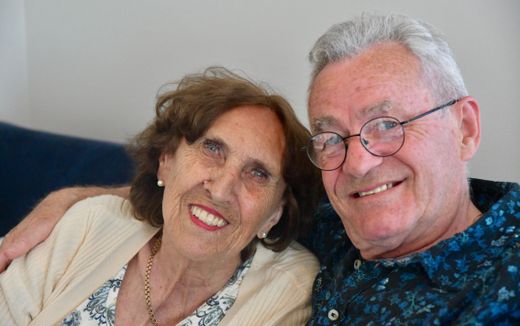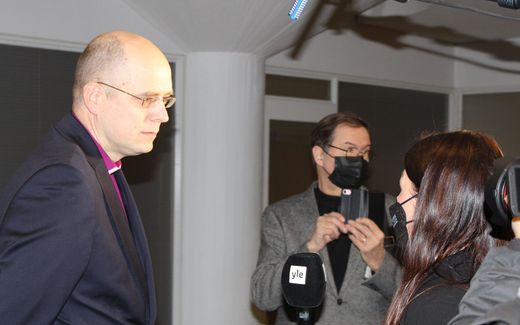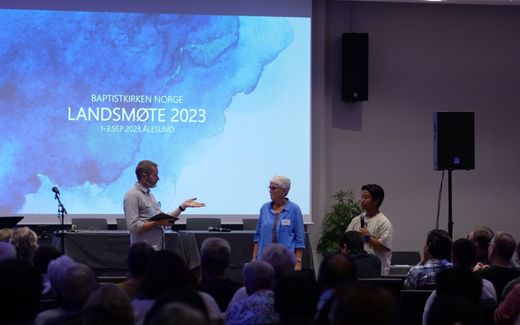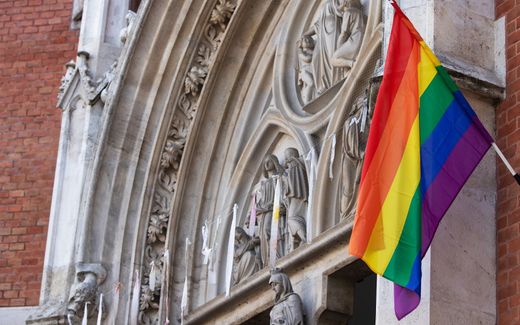Evert's comment: What if churches follow the Norwegian example and give marriage confessional status?
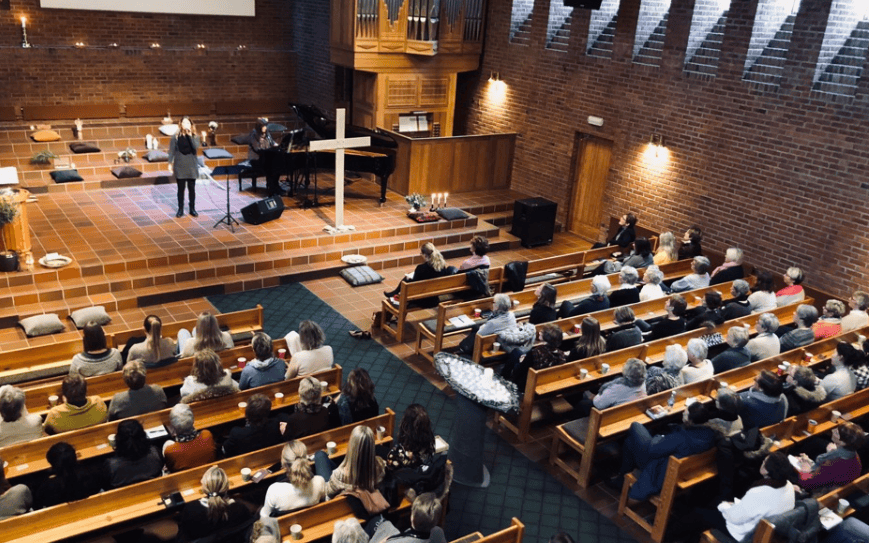
Evangelical Lutheran Free Church in Kristiansand, Norway. Photo Frikirken.no
Northern Europe
For quite a while, the Evangelical Free Lutheran Church in Norway discussed how to phrase precisely the status of the new documents on marriage and sexuality.
The church wrote a document to explain the classical teaching about marriage. The question was: What about people who disagreed with this? Would everybody be expected to sign this or leave if they did not?
About two weeks ago, the synod answered. Yes, the document had “confessional status.” But this should be understood as a matter of “central teaching.” In other words, all elders and ministers are expected to teach this. Members with different opinions are still welcome.
The synod decision culminated years of discussion on marriage. Of course, the issue was whether cohabitation of two people of the same sex can also be called marriage from the Biblical perspective, since the state does that from a legal standpoint.
The Free Church (Frikirken; pronounced: free sjirke) is the second-largest Protestant denomination in Norway. It has 82 congregations and around 21,000 members.

As I followed this process during the last year, I realised how quickly things are changing in this field. In 2007, I travelled through Norway as a reporter for an article in the Dutch Reformatorisch Dagblad on the future of the state church. At the time, politicians were pressuring the church to normalise homosexuality, also for clergy. It was openly feared that the established Church of Norway would split on this issue, just like the Anglican Church.
Meanwhile, all that is far behind us. In 2017, the Church of Norway accepted two parallel visions of marriage: first, the heterosexual one, and second, both the heterosexual and the homosexual form. This is not the end. At the moment, in the Norwegian state church, you can also talk about polyamory.
Few within the Free Lutheran Church at the time could imagine that gay marriage would be on the church agenda in the 2020s. After all, a free church does not fall under the state and is independent of its influence. But now, some 15 years later, all that has changed.
With this new "central teaching", the church tries to prevent that two parallel visions of marriage grow into the Free Church as well. The Frikirken think that marriage is not a minor issue, although not a matter of salvation. It is not added to the Augsburg Confession and Luther's Catechism, but it is still something that the church does not want to give up.
Strictly viewed, the church’s “central teaching” in Norway is not innovative in content. The Frikirken keeps the classical view of marriage and cohabitation and does not change it. The church sticks to the standard view that marriage is a lifelong covenant between man and woman, and that sexuality belongs exclusively to that covenant.
Of course, after the synodal decision, there was quite some criticism. A youth leader from one of the congregations received wide publicity when she announced that she would resign from her post. And a modern Muslim found the decision suspiciously similar to “Friday prayers.”
Looking back, I am actually surprised that not many other churches have yet discussed giving marriage confessional status. After all, the sexual issue is one that very much divides Christians in the Western world. In such a situation, it makes sense to put on record what the church professes about it, in continuity with the church of all ages. After all, that is how most confessional writings came into being. Could that be helpful for marriage, too?
My generation was brought up with marriage in ethical hand book. Not in books about dogmatics. This is also the case in Norwegian Frikirken’s document. Repeatedly, it is mentioned as an ethical issue, not a dogmatical one.
I feel free to ask whether this is entirely right. In the Old Testament, God equates idolatry with fornication. In the New Testament, Paul compares Christ’s mercy over His church to a bridegroom and a bride. In other words: a church that has not clear how fornication differs from marriage can never explain the doctrine of salvation adequately.
Churches find it difficult to explain how marriage differs from unmarried cohabitation. This is particularly so around what is called same-sex marriage. But when Paul uses marriage as a reflector for Christ and the church in Ephesians 5, he uses two heterogeneous elements: a man and a woman. This is for a reason and not arbitrary. You can’t just replace that with two homogeneous elements. And it also makes clear that marriage is a covenant instead of a temporary relationship without obligations.
Of course, marriage has ethical aspects. But fundamentally, it is a theological issue that teaches us who Christ (Bridegroom) is to His church (bride).
If a few lines in the confessional foundation (or central teaching) can help strengthen the church’s witness in today's world, it is worth considering. I will wait and see whether other churches worldwide follow the Norwegian example.
Related Articles



